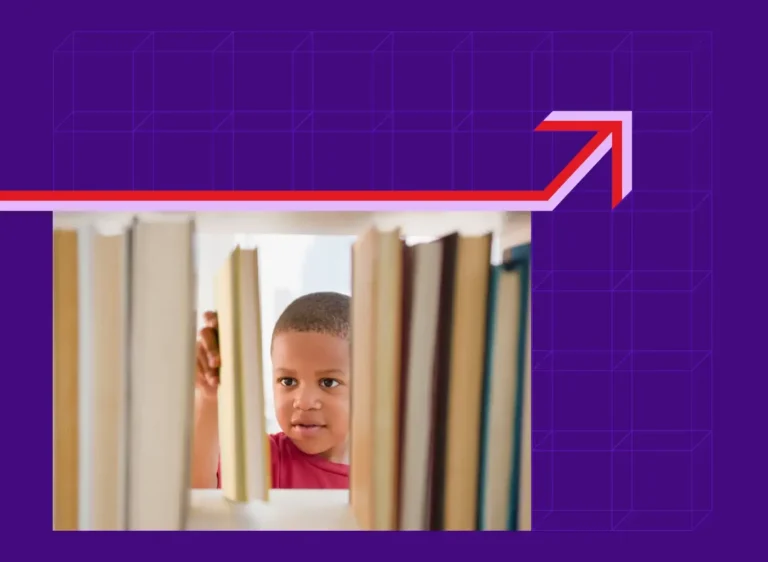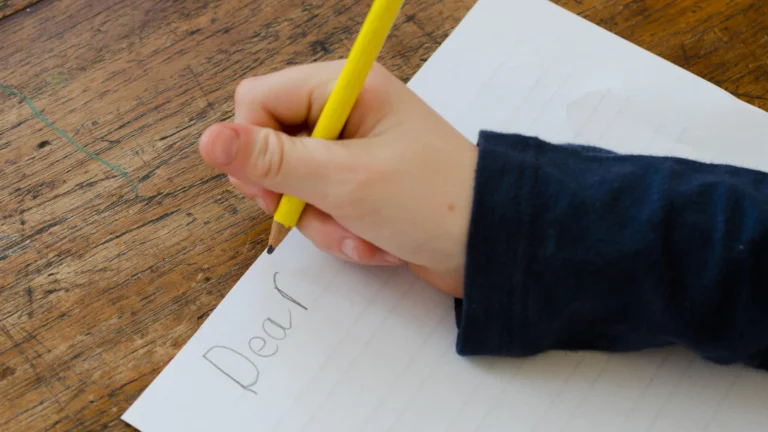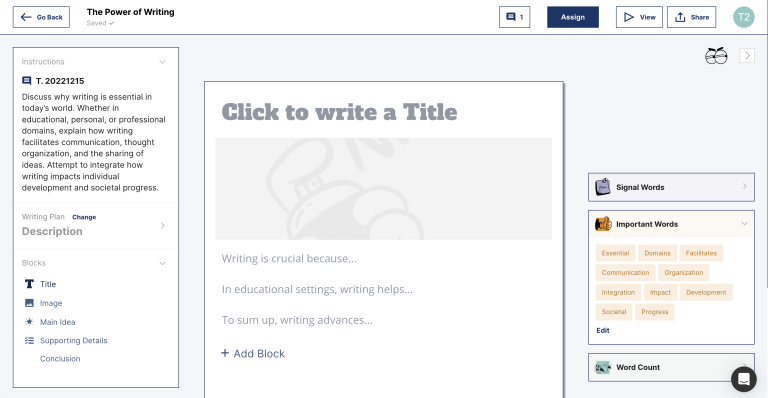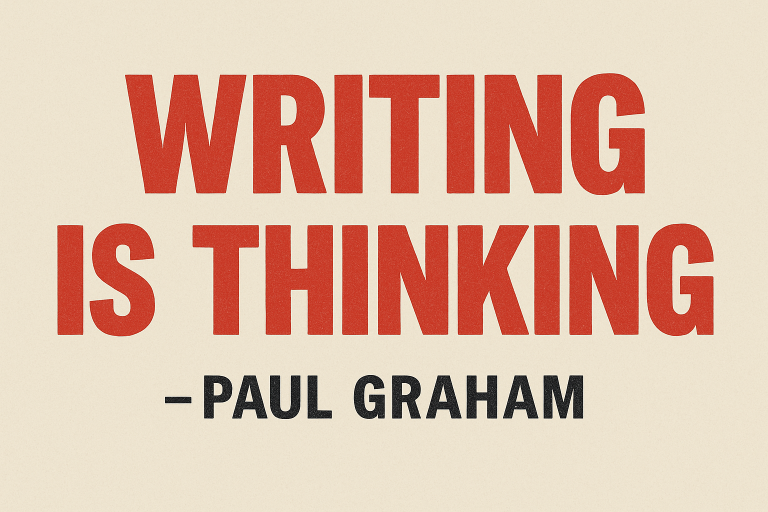The relationship between writing and critical thinking
Writing and critical thinking are two vital skills that are closely related and complement each other. Writing can be considered as a tool that enables one to express their ideas and thoughts, while critical thinking is a mental process that allows one to analyze, evaluate, and interpret information.
Writing and critical thinking are inseparable as one’s writing is a reflection of their thinking process. When we write, we have to organize our thoughts, select relevant information, and convey our ideas in a clear and concise manner. This process requires us to think critically about the topic, analyze the information, and identify the most important points.
Moreover, writing is not only a means of expressing our thoughts but also a way of developing our critical thinking skills. When we write, we have to consider our audience, the purpose of our writing, and the type of writing we are producing. This requires us to think critically about the context and purpose of our writing, which in turn helps us to develop our critical thinking skills.
Writing can help us to identify our own biases and assumptions. When we write, we are forced to confront our own beliefs and opinions, which can lead us to question our own assumptions and biases. This process can help us to develop a more objective and critical perspective, which is an essential component of critical thinking.
In addition to this, writing can also help us to identify gaps in our knowledge and understanding. When we write about a topic, we may realize that we do not have enough information or that our understanding of the topic is incomplete. This can motivate us to do further research, which can help us to develop a deeper and more comprehensive understanding of the topic.
Encouraging critical thinking in students through writing can be an effective way to help them develop their analytical and problem-solving skills. One way to do this is to provide them with writing prompts or assignments that require them to analyze and evaluate information, make connections between different ideas, and draw conclusions based on evidence.
Another approach is to provide feedback on their writing that encourages them to think critically about their arguments, identify weaknesses, and consider alternative perspectives. By emphasizing the importance of critical thinking in writing, teachers can help their students develop a more sophisticated understanding of the world around them and become more effective communicators and problem-solvers.
Pressto’s writing platform can help your students become critical thinkers through writing. Learn more at joinpressto.com







